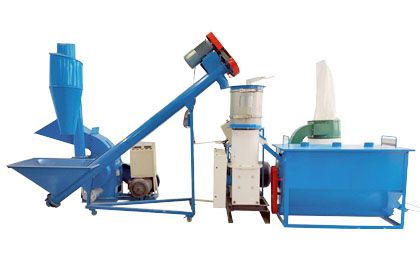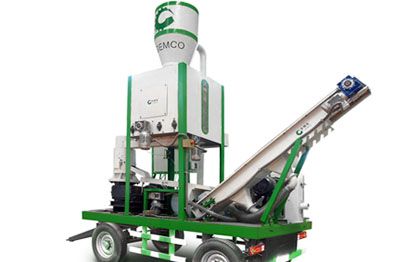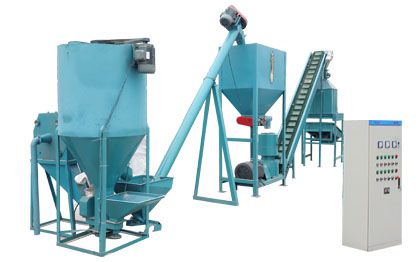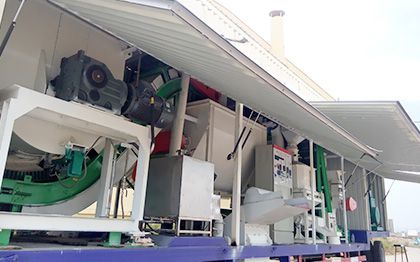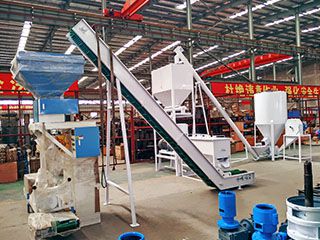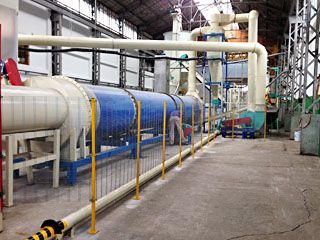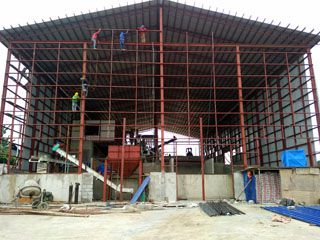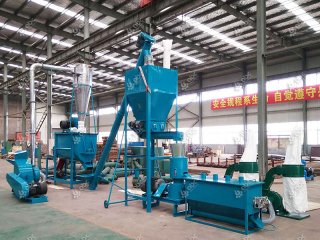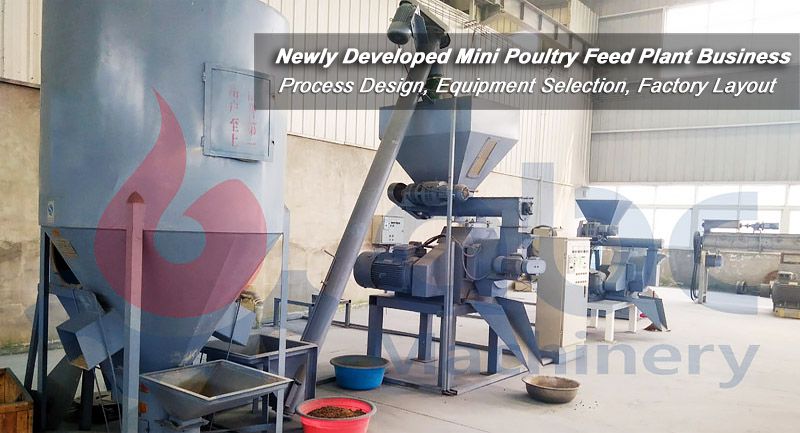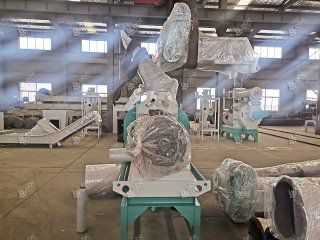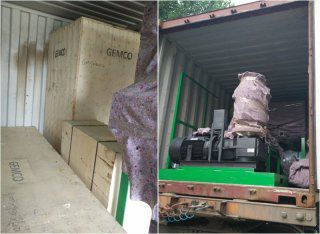ABC Machinery lately paid a visit to Tunisia, Africa. The purpose of the trip is to do market research on biomass energy, capture the needs and trends of the local biomass fuel market, and help our local clients on making pellets or briquettes from paddy straw, wheat straw, rice straw or other kinds of crop stalks. (Related Equipment: Wood Pellet Press for Industrial Production )
Business Discussion - Making Pellets from Wheat Straw
On this trip, we visited one of our important customer in Tunisa. We come to us for turnkey project plan of producing biofuel pellets from wheat straw. Our visit team did field trip to the place used to setup the pellet plant. And then have deep communication on straw pelletizing process, equipment selection and factory layout design.
Don't hesitate to contact us to get customized wheat straw pellet production project plan! We can help you step by step on your biofuel pellets business, pellet plant setup details and cost analysis.
Biomass Energy Utilization in Africa
What is Biomass? It is an organic material derived from plant and animal remains and used as a renewable energy source. Some of the elements that can be classified as biomass materials include wood, garbage, alcohol fuels, and landfill gases. Such materials, when burned, they release the chemical energy since they contain much energy stored in them. That energy can be transformed into other forms such as heat energy for heating up.
HOT Project Plan: Set Up Complete Straw Pellet Plant

Crop Straw for Biomass Pellet Production
Abundant biomass raw material sources in Africa Countries:
- Crop Stalk: Wheat straw, paddy straw, rice straw, maize stalk, cotton plants straw, barley straw, etc. (Corn stalk pellets making business plan..)
- Other Agriculture Residue: Peanut shells, etc.
Biomass energy processing and production in Tunisia remains an untapped opportunity for many local and foreign investors. The demand for the biomass fuel with the potential of expanding even to the neighboring county. (Related Post: Calorific value of wood pellets >>)
Strong Government Support on Straw Pellets Production
Capacity building and development in terms of biotechnology and industrial support for biofuel production has received warm support from the Tunisia Government to ensure that all willing investors get a favorable business environment. Many rural households in Tunisia still use the traditional sources of energy, namely charcoal, and firewood. Bioenergy is obtained from various sources such as solid biomass, liquid biomass, or gaseous biomass. The Tunisian Government has initiated many projects across the nation to ensure that every household has the modern and bio-fuel efficient stoves. (Read more about cost of biomass pellet production cost >>)

Biomass Energy - Turn Agricultural Wastes
Biomass gasification is a national project that the Tunisian Government is undertaking. The pilot project involves the gasification of the poultry waste with other significant projects such as the CDM projects an undertaking foreseen by the Deutsche Gesellschaft and the Tunisian Government. The Jebel Chakir landfill project has was recently initiated and implemented, thus increasing the national biofuel production. You maybe also interested in "how to make your own pellets from garden wastes".
Prospect of Establishing Straw Pellet Plant
Biomass fuel contributes around 10% of the entire energy use in Tunisia. For instance, in the year 2018 of the 10 % approximately 52 % came from biofuel (much from the ethanol) 38% came from wood and other wood by-products while the remaining 10% came from municipal solid wastes. The Tunisian Government, over the last five years, has been investing in biomass development through funding various research projects that can see the optimization of biomass energy. Several research bodies are trying to develop efficient ways that can increase the usage of the current biomass fuel in the coming years.

4ton/h Wood Pellet Plant Project We Built in Morocco, Africa
Due to the dwindling global energy resources such as the fossil fuel and their fluctuating prices and their unreliability, many nations are embarking on the development of the biomass energy as the alternative souse of energy both at domestic and industrial consumption. Biomass fuel is more environmentally friendly as compared to fossil fuel. For instance, Tunisia projections are that the country requires over 6.5 million liters of diesel in the next ten years to come and this associates the need for an alternative and affordable source of energy to curd such escalating fuel demand.
The Tunisian government, in conjunction with the World Bank, has established more biofuel projects in the rural area to ensure maximum production at affordable costs. Biomass energy is not the only environment-friendly but also very reliable to all citizens.






